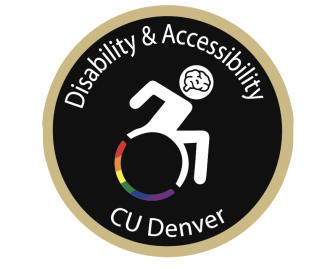By The Accessibility Operations Team
 Ableism may look like:
Ableism may look like:
- Lack of Compliance: With disability laws and resistance to providing accommodations that make educational, workplace, and social settings accessible to all.
- Making Them an Inspiration: Expecting people with disabilities to be inspirational.
- Lack of Physical Access: Ramps, elevators, blocking accessible entrances and spaces.
- Inaccessibility: Inaccessible websites, inaccessible documents and information. Lack of closed captioning, audio descriptors, braille etc.
- Making Assumptions: The assumption that people with disabilities need or want help and need to be pitied.
- Making Fun of, Patronizing, or Shunning People with Disabilities: Talking down to instead of talking directly to them or for them.
- Asking Invasive, Personal Questions: Questioning if someone is disabled because they don’t have visible signs of a disability.
Combating Ableism
- Believe people when they disclose a disability and do not ask invasive questions
- Do not block accessible spaces or use them for your convenience. Do not touch a person’s equipment or service animal without asking first.
- Report barriers to access. Request close-captioning be activated in meetings and classes you attend.
- Avoid microaggressions such as: “you don’t look disabled;” “he’s acting crazy;” “blind leading the blind.”
- Do not treat accommodations as if they are special treatment, rather than methods by which people with disabilities receive deserved equal access.
 Ableism may look like:
Ableism may look like: